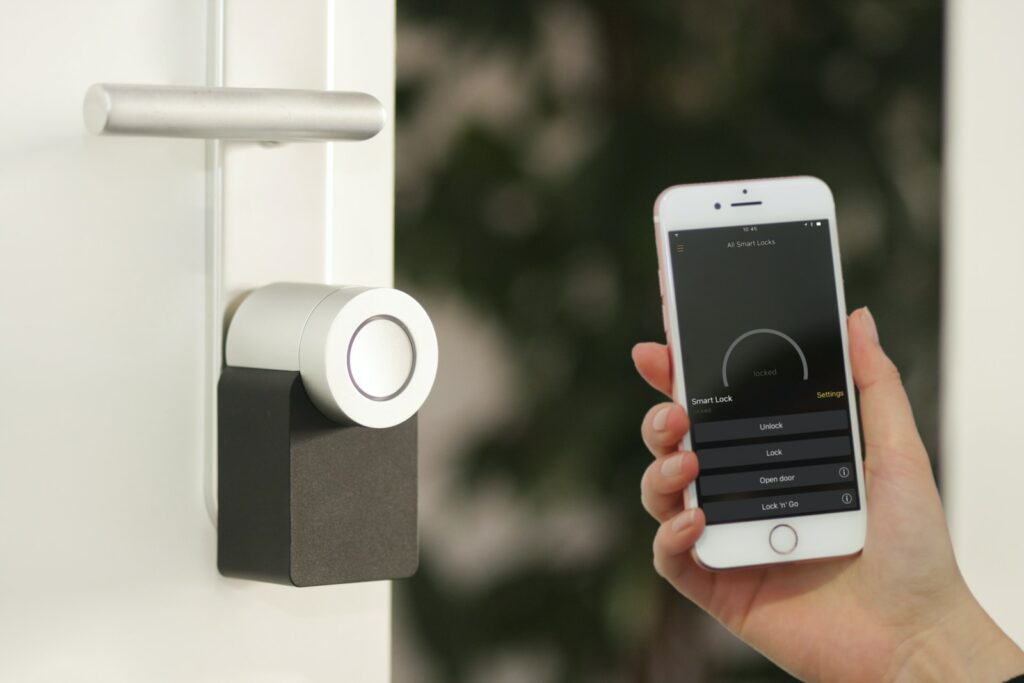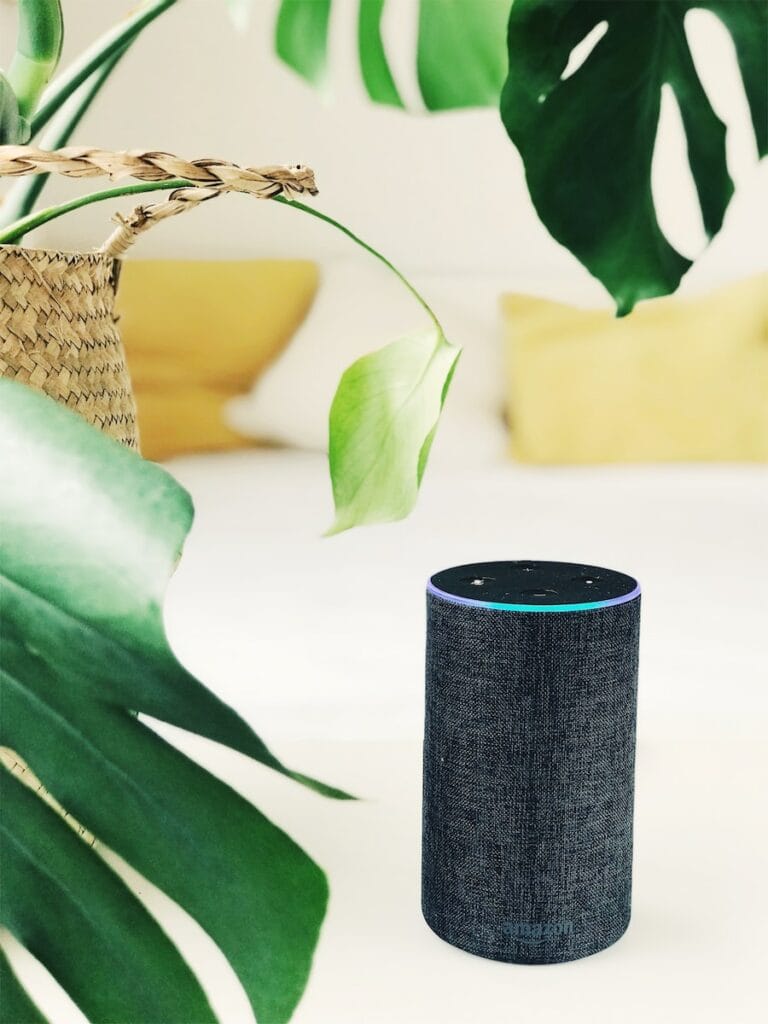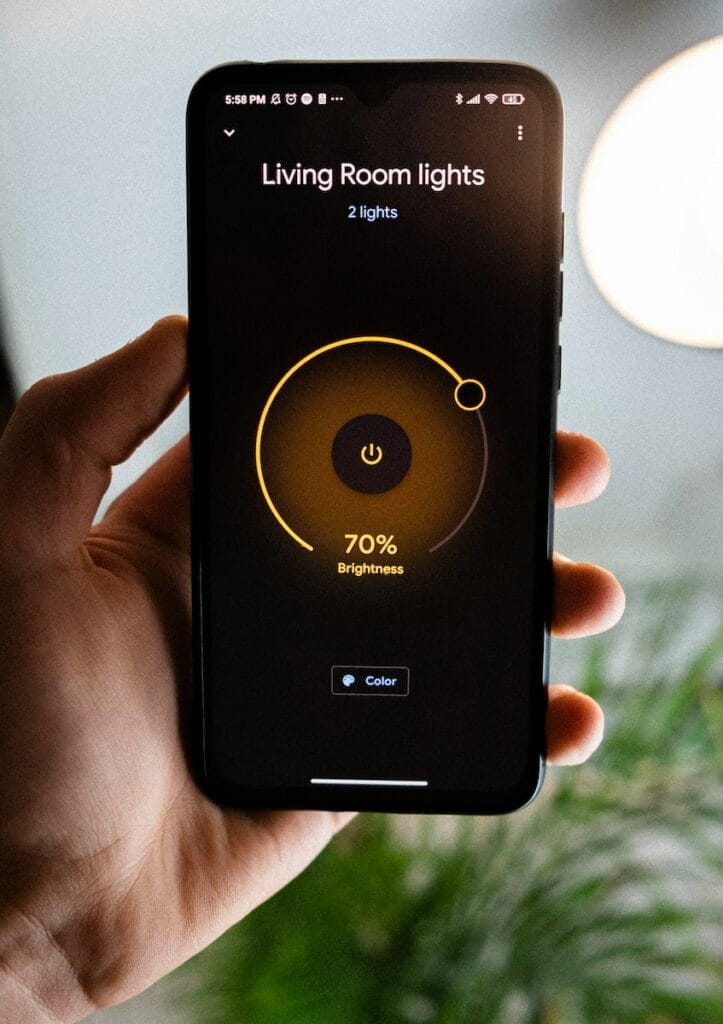Powered by AI: Smart Homes

In recent years, the concept of a “smart home” has evolved from science fiction into a tangible reality for homeowners worldwide. The driving force behind this transformation is undoubtedly artificial intelligence (AI), which has emerged as a pivotal player in enhancing the comfort, convenience, and security of our living spaces. In this article, we will delve into the remarkable role that AI plays in shaping the future of smart homes, supported by compelling statistics.

AI-The Power of Connectivity
Smart homes are characterised by their ability to connect and control various devices and systems seamlessly. AI-driven applications act as the central nervous system, orchestrating these interactions for the homeowner’s benefit. A key statistic to highlight the impact of AI on connectivity is that by 2025, it is projected that over 75 billion devices worldwide will be connected to the internet, a significant portion of which will be part of smart home ecosystems.
Smart Homes-Energy Efficiency
AI’s ability to optimise energy usage is a boon for homeowners and the environment alike. According to the U.S. Environmental Protection Agency (EPA), smart thermostats powered by AI can save homeowners an average of 8% on heating and 15% on cooling costs annually. This statistic demonstrates how AI-driven climate control systems can significantly reduce energy consumption, contributing to sustainable living.


Enhanced Security by AI
Security is paramount for homeowners, and AI has revolutionised this aspect of smart homes. With AI-powered surveillance systems, homes are becoming safer than ever. A noteworthy statistic is that AI-driven security cameras are projected to reach a market value of $24.1 billion by 2026, underlining the growing demand for advanced security solutions.
AI excels in understanding user preferences and adapting accordingly. In smart homes, this translates to personalised experiences. Voice assistants like Amazon’s Alexa and Google Assistant have become household staples, with 74.2 million Americans using them regularly. This statistic underscores the acceptance of AI as a means to make daily life more tailored and convenient.
The ageing population is finding newfound independence in smart homes, thanks to AI-driven assistive technologies. By 2030, it is estimated that there will be 73 million seniors in the United States. AI-driven solutions, such as fall detection systems and medication reminders, are instrumental in enabling seniors to age in place safely and comfortably.
AI’s role in smart homes is not just a technological marvel; it’s a societal shift towards more efficient, secure, and personalised living. The statistics mentioned above paint a vivid picture of AI’s transformative influence on our homes. As technology continues to advance, we can expect even more innovative applications, further solidifying AI’s position as the cornerstone of the smart home revolution. Homeowners and investors alike should keep a close eye on this burgeoning industry as it continues to evolve and reshape our living spaces.





